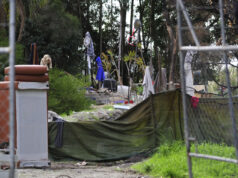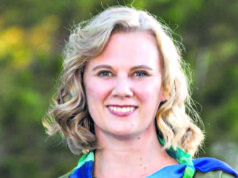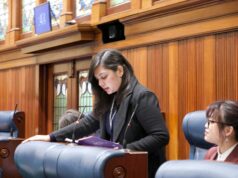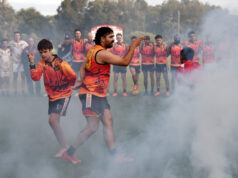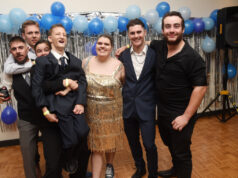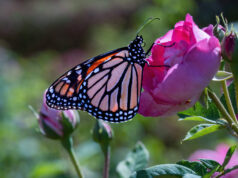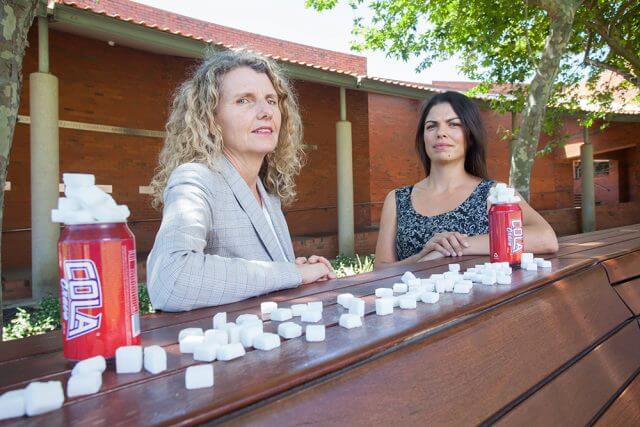
A recent Curtin university study has added weight to the notion that Australians needed to reign in their sugary drink consumption after it found people who did drink them consumed about half a litre a day.
The study surveyed more than 13,500 people in WA and SA and found people who were obese were more likely to consume sugary drinks like soft drinks, fruit drinks or energy drinks than those who were a healthy weight.
In WA on the day prior to the survey almost 22 per cent of participants drank sugary drinks with people classified obese more likely to consume them.
Curtin research associate Christina Pollard said they found sugary drink consumers were more likely to be male, have little interest in health and ate take away food that day.
She said of the people that did drink sugary drinks it was an average of half a litre per day, which was worrying.
“We wanted to explore the factors associated with sugary drinks consumption across the population,” she said.
“We found obese people were more likely to be consumers of sugary soft drinks than healthy weight people and on any given day 20 per cent of the population consumed sugary drinks and another 10 per cent were consuming diet drinks.”
Dr Pollard said the study was important because it would help target public education campaigns.
“It’s a pretty good case across the population, identifying young people, particularly men and overweight people are more likely to be consumers so interventions should really target that,” she said.
She said people could reduce their sugary drinks consumption by replacing them with non sugar based drinks like water or milk.
Live lighter campaign director Maria Szybiak said the findings suggested increasing the awareness of the adverse health effects of consumption may be a first step in curbing sugary drinks intake.
“The authors also recommend health promotion interventions targeting younger adults, particularly males,” she said.
“Since 2012, live lighter has promoted the fact that sugary drinks contain little nutritional benefit and are linked to the soaring levels of overweight and obesity, which can lead to chronic diseases such as heart disease, type 2 diabetes and some cancers,” she said.
Ms Szybiak said Australia should consider a sugary drinks tax.
For more information visit www.livelighter.com.au.


